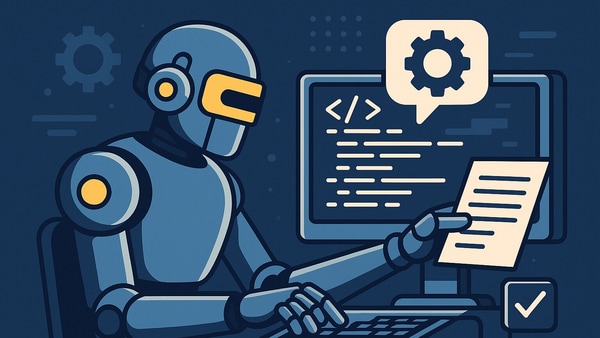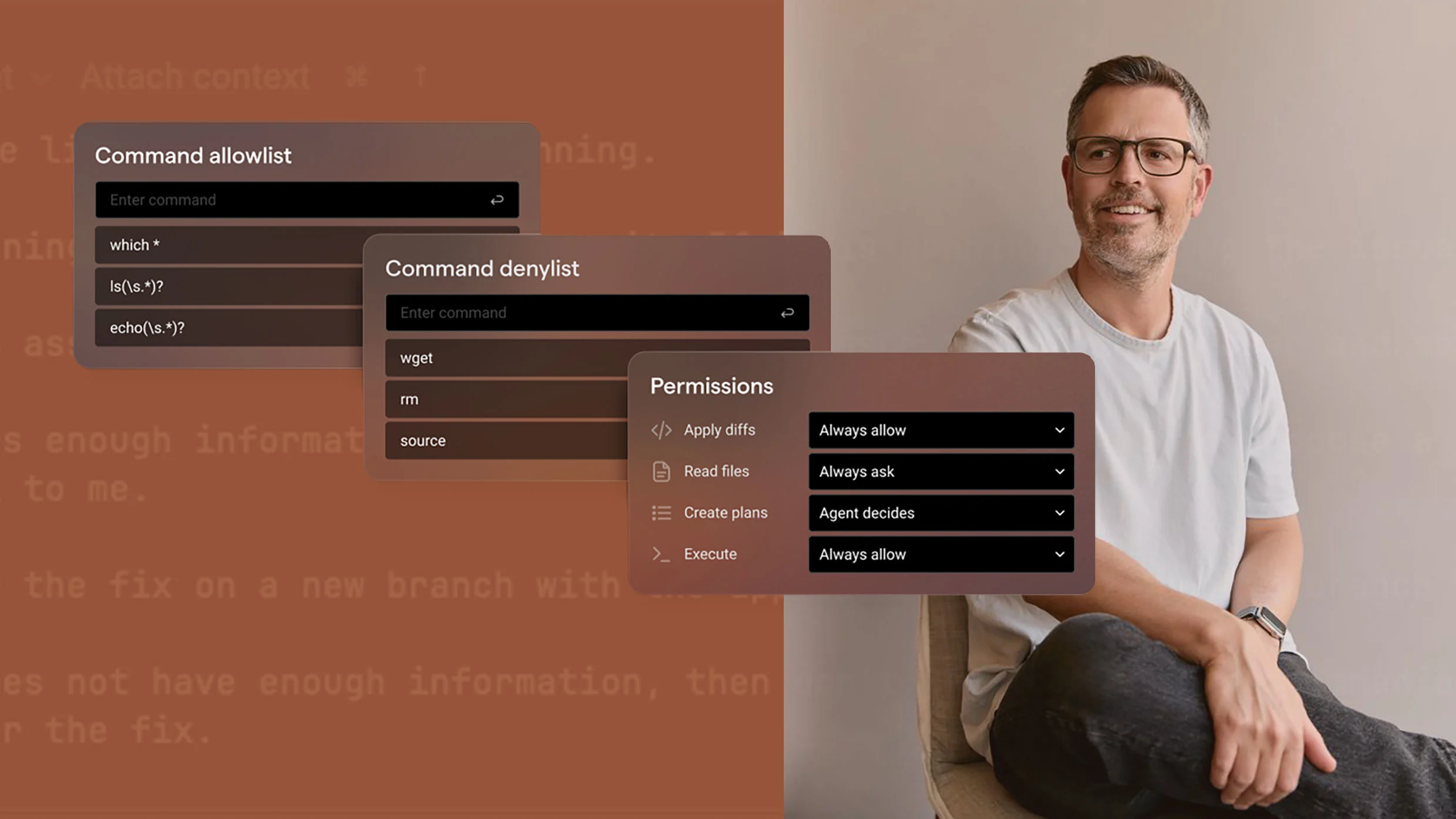OpenAI Unveils A-SWE: The Autonomous Software Engineer
OpenAI, renowned for its cutting-edge AI technologies, is reportedly on the verge of launching a new AI agent that may revolutionize the field of software engineering. This upcoming release, known as “A-SWE” or Agentic Software Engineer, promises to automate not just the creative aspects of software engineering but also the routine tasks often considered tedious by human developers, according to OpenAI CFO Sarah Friar.
Bridging Gaps in Software Engineering
Friar provided insights into this exciting development during an interaction with Goldman Sachs, stating, “The third AI Agent that is coming is what we call A-SWE…agentic software engineer. This isn’t merely about augmenting the workforce of software engineers as Copilot does today. Instead, imagine an autonomous agentic software engineer that can build applications autonomously.”
She elaborated on A-SWE’s unique capabilities: “It can take a pull request that you would give to any engineer and build it. But beyond that, it tackles the less glamorous, yet crucial aspects of software development.” A-SWE is designed to conduct its own quality assurance, bug testing, and documentation—tasks that are often the bane of developers’ existence. “Suddenly, you can force-multiply your software engineering workforce,” Friar added.
A Continuous Journey of AI Agents
OpenAI first ventured into AI agents with the introduction of “Operator” in January, followed by “Deep Research” in February. Both were released exclusively for ChatGPT’s paying subscribers. These AI offerings paved the way for more sophisticated implementations, setting the stage for A-SWE.
Approach with Caution
Skeptics might recall OpenAI’s history of grand promises that sometimes fail to materialize. For instance, “Deep Research” was marketed as a potential substitute for a research assistant—a role it hasn’t fully realized due to inherent limitations of AI models, such as “hallucinations” or confidently generating inaccurate information. “Even advanced language models occasionally blur the line between fact and fabrication,” a sentiment that has nurtured skepticism regarding their reliability, despite significant development strides.
The Future of AI in Engineering
Rival AI firms, like xAI and Perplexity, are also vying for breakthroughs in similar capacities. However, empirical evidence of AI replacing significant roles in knowledge work remains minimal, primarily due to the models’ susceptibility to factual lapses.
OpenAI’s push into increasingly autonomous AI agents underscores its belief in automating software engineering tasks to unprecedented extents. Amid the excitement, Friar stresses the importance of tempering expectations. While the idea of AI engineers entirely replicating or surpassing human engineers is an alluring prospect, it’s crucial to scrutinize such claims with discernment.
Stay Informed
For those eager to track the latest in AI and technology, staying updated can offer insightful perspectives on emerging tools and innovations. Follow us at aitechtrend.com for the latest tech news, analysis, and more.
First Published: 13 Apr 2025, 07:26 AM IST








